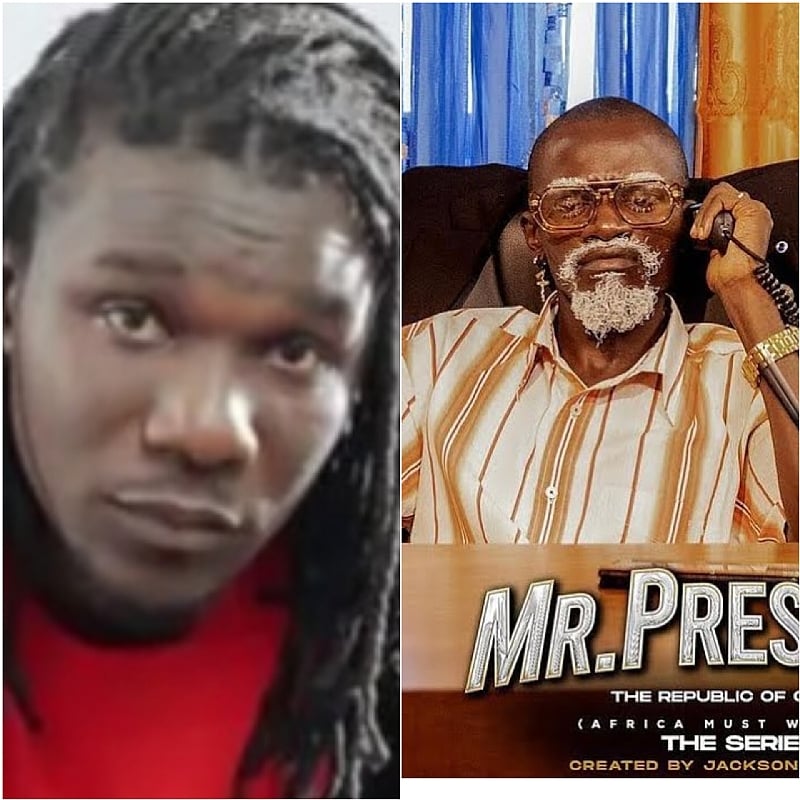Kwadwo Nkansah, professionally known as Lilwin, a prominent figure in the Ghanaian entertainment industry, finds himself at the center of criticism regarding his recent film, “Mr. President.” His former manager, Zack GH, also an actor, has publicly voiced his concerns over Lilwin’s decision to cast himself in the lead role, arguing that the comedian’s signature comedic style undermines the gravitas and authenticity required to portray a presidential figure. This critique touches upon a larger discussion about artistic choices, the balance between creative control and collaboration, and the role of experience in shaping a performance.
Zack GH’s primary contention revolves around the perceived mismatch between Lilwin’s comedic persona and the inherent seriousness of the presidential role. He argues that the film suffered due to this incongruity, suggesting that Lilwin’s ubiquitous comedic approach, while successful in other projects, was ill-suited for a character demanding a more nuanced and dignified portrayal. He emphasizes the importance of casting decisions that align with the demands of the script and the overall tone of the film, asserting that a more seasoned actor, accustomed to portraying authority and gravitas, would have been a more appropriate choice.
To further substantiate his argument, Zack GH proposed alternative casting choices, highlighting actors like Van Vicker, Kofi Adjorlolo, John Dumelo, and Bill Asamoah. These actors, known for their experience and versatility in embodying diverse characters, represent, in Zack GH’s view, the caliber of performer required to convincingly portray a president. Their established track records in delivering compelling performances, often in roles requiring a degree of seriousness and emotional depth, underscore the perceived shortcomings of Lilwin’s casting choice.
The critique extends beyond just the portrayal of the president. Zack GH also expressed concern over Lilwin’s tendency to dominate his own productions, often casting himself in leading roles. This practice, he argues, limits opportunities for other talented actors and potentially hinders the overall quality of the films. He advocates for a more collaborative approach to filmmaking, suggesting that Lilwin should consider stepping back from the spotlight and allowing other actors to showcase their talents. This, he believes, would foster a more dynamic and enriching creative environment, ultimately benefiting the Ghanaian film industry.
This critique of Lilwin’s casting choices raises significant questions about the complexities of artistic control within the film industry. While Lilwin, as the creator and producer of “Mr. President,” has the prerogative to cast himself in the lead role, Zack GH’s criticisms highlight the potential pitfalls of prioritizing personal preference over artistic suitability. The debate underscores the delicate balance between an artist’s vision and the collaborative nature of filmmaking, suggesting that a collaborative approach, open to external input and diverse perspectives, can often lead to more compelling and successful outcomes.
Ultimately, Zack GH’s critique serves as a call for Lilwin to consider the broader implications of his casting choices. He encourages Lilwin to leverage his platform to nurture emerging talent and contribute to the growth of the Ghanaian film industry by providing opportunities for other actors to shine. By embracing collaboration and recognizing the strengths of other performers, Lilwin could, according to Zack GH, elevate his productions and contribute to a more vibrant and diverse cinematic landscape in Ghana.


